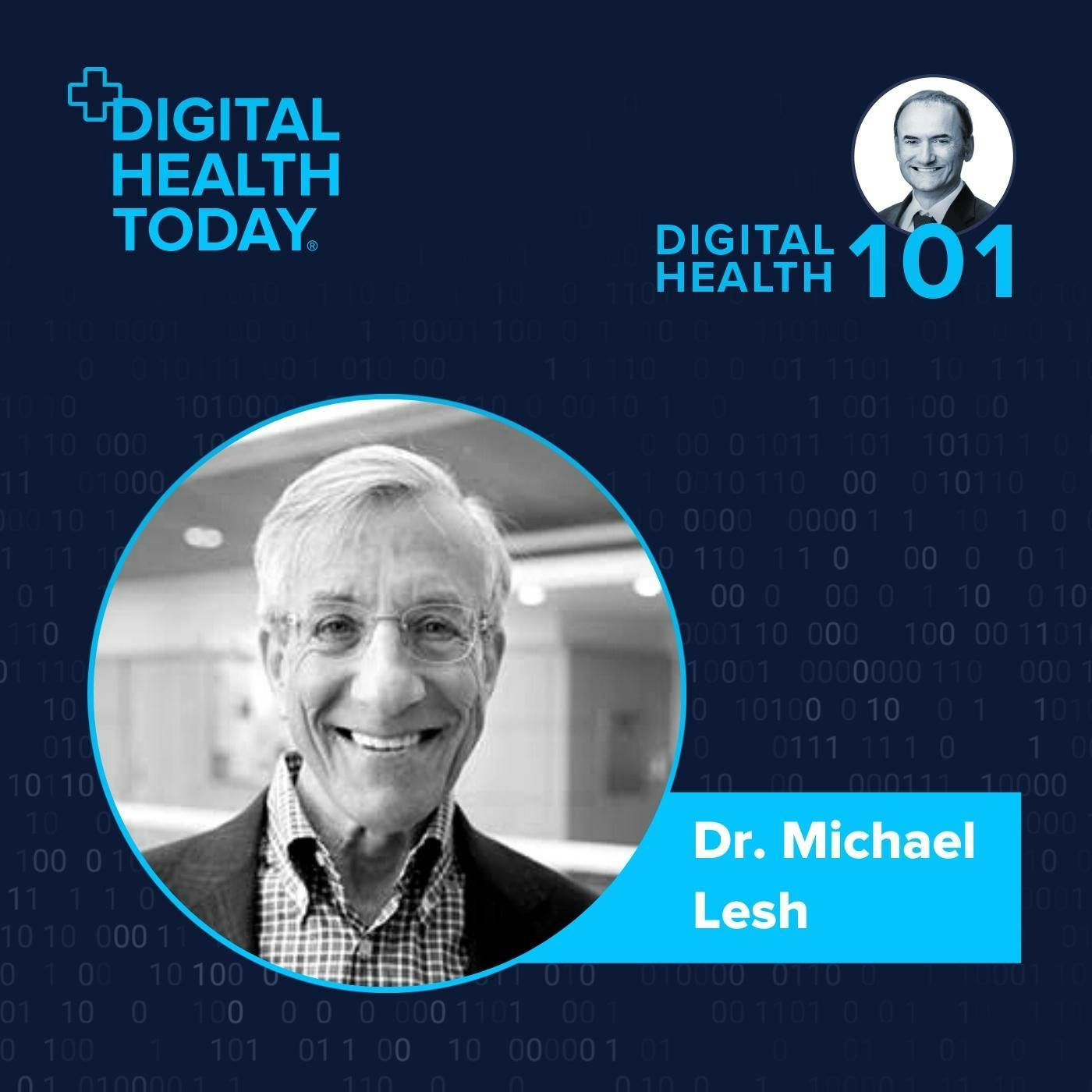What are the real-world applications for synthetic data? What power can it have? And… what is it exactly?
All of these questions and more are solved in this episode, featuring Dr. Michael Lesh, the CEO and founder of Syntegra. During his career he has always found ways to solve needs through technology, and that is what he and his team’s been doing with synthetic data. Starting by its definition, Michael walks us through how synthetic data could solve a lot of issues regarding privacy around medical records. In the end, synthetic data is a set of information that looks like the original but doesn’t have any patient information that could violate any restriction in place. Synthetic datasets could be solving a lot of problems in the healthcare setting that rise up when partnerships are trying to be made.
Even if you’re not a math geek, we know you will find this episode appealing; tune in and enjoy!
About Michael Lesh
Michael D. Lesh, SM MD FACC, is the founder and CEO of Syntegra and an Adjunct Professor of Medicine at the University of California, San Francisco. Until recently, he also served as Executive Director of Health Technology Innovation in the Office of Vice Chancellor there. Dr. Lesh combines a background in biomedical engineering and computer science from MIT with a career as a physician-scientist in cardiac electrophysiology. He received training at UCSF and University of Pennsylvania.
Dr. Lesh is an accomplished inventor and entrepreneur, having founded and served as CEO of a number of successful medical device companies, including Atrionix, Mitralife, Appriva Medical, Evera Medical and Middle Peak Medical, many of which were later acquired by leading life sciences companies. He also served as a director at HeartScape, Stentys, Abate, Cordance and KidneyCor.
Dr. Lesh has authored over 200 scientific papers, book chapters and books, and he is an inventor on over 250 patents, including the foundational method of atrial fibrillation ablation and left atrial appendage occlusion to prevent stroke.
Key Take-aways
- Medical data has a lot of mandatory restrictions and privacy concerns.
- Synthetic data intends to solve a problem regarding privacy inquiries with sharing.
- De-identified data is very different from synthetic data.
- Once you create a synthetic data set you can augment it easily.
- A generative model will fill in missing data in the sets.
Guest Links and Resources:
- Connect and Follow Michael on LinkedIn: https://www.linkedin.com/in/michaeldlesh/
- Learn more about Syntegra.io here: https://www.syntegra.io/








